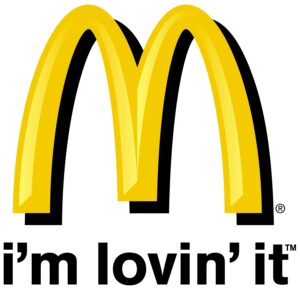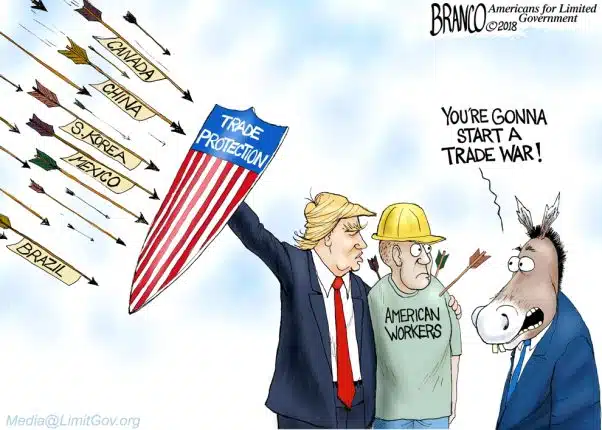Fast food workers, prodded on by a top down effort by union organizers, yesterday protested in many locations demanding a minimum wage of at least $15 an hour and, of course, union representation, among other demands. Kendall Fells, representing the SEIU-backed Fast Food Forward, immediately cited industry profits to justify his group’s demands.
How revealing that the first remark out of his mouth was the left’s most timeworn cliché. How sadder still is the economic morale five years into the era of transformation, good will, “stimulus,” hope and change.
Nothing written here is meant to disparage those fast food workers who do indeed struggle between paychecks. But the pay and preponderance of entry-level service jobs is not the weight on American prosperity, it is the lack of higher-paying positions, many lost in the Great Recession that have not been replaced.
Among other factors, the American economy is saddled with leadership that remains hostile to job creation. The Obama Administration’s “you didn’t build that” mentality both reflects and eggs on a seething hostility to “evil” corporations and those “lucky” enough to have sustained small business ownership. Simply, why should businesses invest under conditions hostile not only to their growth but sometimes to their very existence (for instance, the energy producers and the health insurance industry)?
Fortunately, fast food work, even today, is still a transitory means of employment, a field mostly of teenagers, college students and those needing just part-time wages. Rather than a sentence, a stint at McDonald’s offers pay, experience and a step up. Those who have to settle for fast food work to support themselves and their families deserve a free and competitive job market. But, policy aside, what is most heartbreakingly absent today, what those fast food workers need in large doses, is hope.
Not the Obama brand, certainly, but Reagan’s brand of optimism, a belief in the inherent worth and capability of each individual. Reagan always believed in a better tomorrow and that belief influenced his policy, but he considered the American citizen our greatest source of prosperity.
Calvin Coolidge, likewise, saw work not just as a tool of economic necessity but as a heroic, even noble endeavor. “Work,” he remarked, “is not a curse, it is the prerogative of intelligence… and the measure of civilization.” In a just society, fast food workers would be celebrating their contributions and not protesting for unrealistic wage increases.
As discouraging as low-wage employment can be, it is, nonetheless, employment. Fast food workers (and Walmart employees, some of whom have also been protesting for higher wages) would do better not to join hordes but to set themselves apart as individuals and, thus, valuable commodities in the job market.
Certainly one does not want to equate human beings with market commodities, but that is far preferable to the lingering stigma of peon and exploited worker. Victim status is comfortable and confers unlimited latitude to air grievances, but the American worker, even (or especially) in tough economic times, should exalt him or herself and invest faith in the untapped potential inherent in all of us.
Unfortunately, these protests will continue as long as self-serving politicians exploit the misery of others instead of trying to alleviate it. It takes all of us to make this country work: labor and management, investors and workers, urban and rural, etc. Even in this stagnant economy, economic mobility remains attainable. Too bad that economic education and political leadership are both so dour and shallow that underpaid workers find solace in protest politics.
If Americans take to the streets, as they arguably should, they should be demanding not a higher minimum wage but leadership with clarity, optimism and regard for individual initiative that inspired prosperity in generations past.
David Bozeman, a former Libertarian Party Chairman, is a Liberty Features Syndicated writer.







